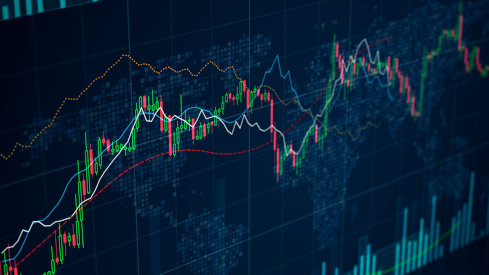Insider trading, the illicit practice of using non-public information to trade stocks or other financial instruments, has been a longstanding ethical and legal concern. Today, this practice takes a particularly insidious form: the trading of stock options. In this article, we delve into the intricate world of insider trading stock options, examining its mechanics, consequences, and ethical implications.

Image: ngm.com.au
The allure of insider trading lies in the potential for staggering profits. By acquiring knowledge about upcoming company events or decisions that are not yet publicly available, an individual can make lucrative trades before the market adjusts to the news. This information advantage gives insiders an unfair advantage over ordinary investors, who must rely on publicly available information.
However, insider trading is a dangerous game, fraught with legal repercussions and significant financial risks. Penalties can be severe, ranging from civil lawsuits and fines to criminal charges and imprisonment. Guilty parties may also be required to forfeit any profits gained through illicit trading.
The SEC (Securities and Exchange Commission) vigilantly monitors the market for suspicious trading activity. Sophisticated algorithms and data analytics are employed to detect anomalous patterns and identify potential insider traders. Moreover, whistleblowers play a pivotal role in uncovering insider trading schemes, often receiving substantial rewards for their cooperation.
To curb insider trading, companies implement stringent policies and procedures. These measures include blackout periods during which employees are prohibited from trading in company stock, ethical training programs, and strict reporting requirements. Nevertheless, the lure of quick profits can tempt even the most principled individuals.
Ethics play a crucial role in the fight against insider trading. Insiders have a duty to uphold the integrity of the market and protect the interests of shareholders. By exploiting their privileged information, they breach this duty and undermine public trust in the financial system.
In addition to the blatant theft of valuable information, insider trading can also distort market prices. By influencing the supply and demand dynamics, insiders can artificially inflate or depress stock prices, creating false signals to other investors. This manipulation can lead to irrational investment decisions and market inefficiencies, harming both individual investors and the broader economy.
Combating insider trading is a complex and ongoing endeavor. Regulators, companies, and ethical individuals all have a role to play. By strengthening regulations, promoting ethical practices, and fostering a culture of integrity, we can protect the integrity of our financial markets and ensure a level playing field for all investors.

Image: corehint.com
Insider Trading Stock Options
https://youtube.com/watch?v=uFpb2MW0VSU






